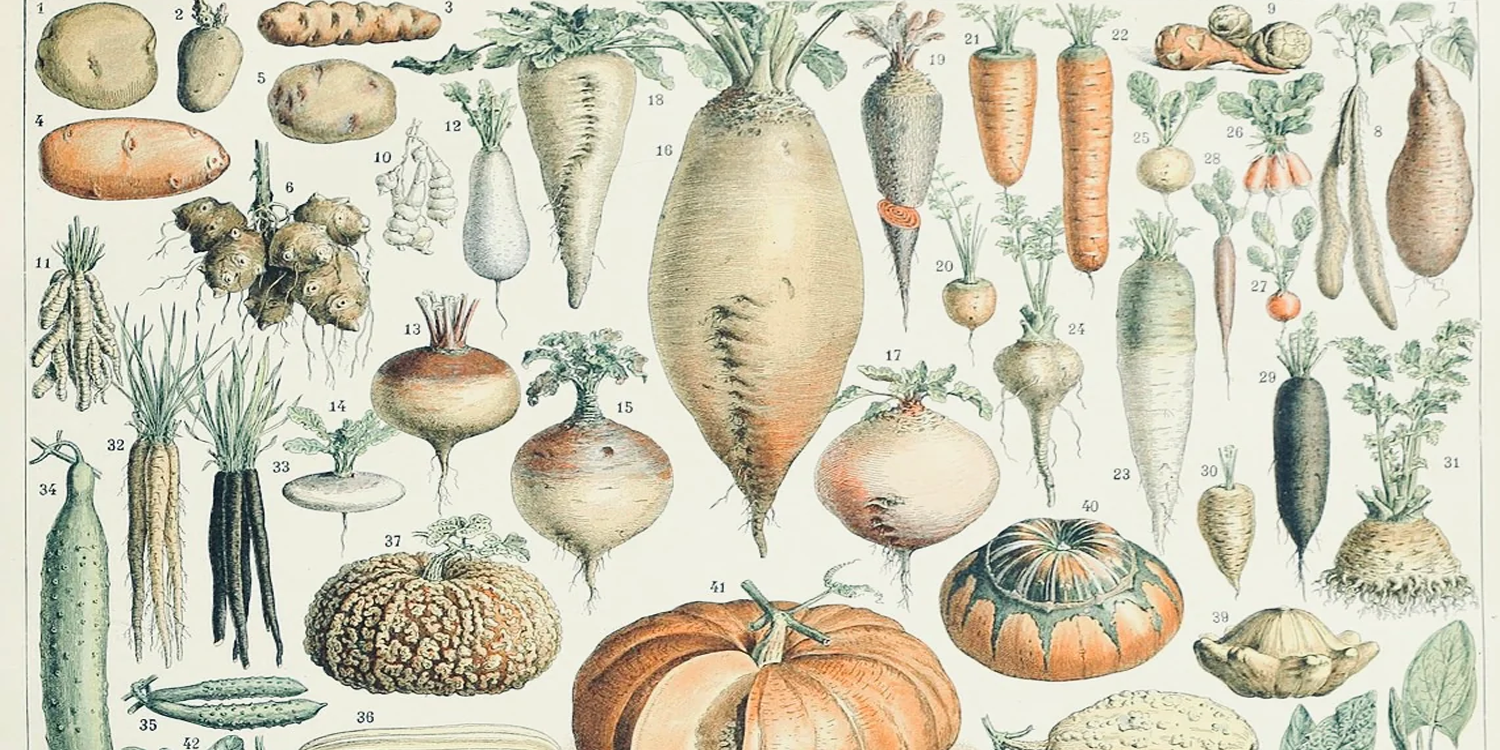
Top Vegan Protein Sources: A Comprehensive Guide to Plant-Based Nutrition
Transitioning to a vegan diet is more than just a trade of steak for salad—it's an exploration into the plant kingdom's hidden proteins. This guide not only ranks plant-based proteins by their potency but also celebrates the diversity of choices available to those who seek sustenance from the earth. Increasing scientific research reveals that turning to a plant-based diet, increases vitality, longevity, and helps us cultivate a deeper conscious connection with our planet. Embracing this slow, gradual change requires willpower, but as you quickly reap the energetic benefits, the enticing reasons why you started this in the first place suddenly become evident.
Legumes: The Protein Powerhouses
- **Tempeh**: With a substantial 31 grams of protein for each cup served, tempeh is at the forefront of plant-based protein sources. It also provides a rich array of essential nutrients, including iron, calcium, and probiotics. A recommended serving size is about 3 ounces, providing roughly 15 grams of protein.
- **Lentils**: A close second, these versatile seeds pack around 18 grams per cooked cup. They are also high in fiber, folate, and manganese, contributing to heart health and digestion. A typical serving is 1/2 cup cooked, providing approximately 9 grams of protein.
- **Chickpeas and Black Beans**: Each provides a significant 15 grams per cooked cup. Chickpeas are excellent sources of fiber, folate, and magnesium, supporting digestive health and bone strength. A serving size is about 1/2 cup cooked, providing around 7.5 grams of protein.
Soy Products: The Versatile Staples
- **Tofu**: Ideal for those who include soy in their diet, tofu serves as a steadfast partner in vegan eating, offering roughly 10 grams of protein per half-cup. It is also a good source of calcium and iron. A typical serving is about 3 ounces, providing approximately 10 grams of protein.

Whole Grains: The Ancient Nourishers
- **Quinoa**: This ancient grain provides 8 grams of complete protein per cup, along with fiber, magnesium, and antioxidants. A serving size is 1/2 cup cooked, providing around 4 grams of protein.
- **Oats**: A breakfast favorite, oats offer 6 grams per half-cup, along with fiber, manganese, and phosphorus. They are also known to support heart health and regulate blood sugar levels. A typical serving is 1/2 cup cooked, providing approximately 3 grams of protein.

Nuts and Seeds: Nutrient-Rich Guardians
- **Almonds**: Compact but powerful, almonds deliver 6 grams of protein per ounce, along with healthy fats, vitamin E, and magnesium. A serving size is about 1 ounce, providing approximately 6 grams of protein.
- **Chia Seeds**: Packed with 5 grams of protein per ounce and rich in omega-3 fatty acids, chia seeds are a valuable addition to smoothies. They also provide fiber, calcium, and antioxidants. A typical serving is 1 ounce, providing approximately 5 grams of protein.
- **Flaxseeds**: With 1.9 grams of protein per tablespoon, flaxseeds are the stealthy agents of nutrition, easily integrated into any meal for a subtle yet significant protein enhancement. They are also high in omega-3 fatty acids and fiber. A typical serving is 1 tablespoon, providing approximately 1.9 grams of protein.

Leafy Greens: The Silent Protectors
- **Spinach**: Often underestimated, spinach wields 5 grams of protein per cooked cup, along with iron, vitamin K, and antioxidants. It is also low in calories, making it an excellent addition to any diet. A serving size is 1 cup cooked, providing approximately 5 grams of protein.
- **Broccoli**: This contender brings forth 4 grams of protein per cooked cup, coupled with a range of nutrients ready to defend your well-being. It is high in vitamin C, vitamin K, and fiber, supporting immune health and digestion. A serving size is 1 cup cooked, providing approximately 4 grams of protein.
As you embark on this transformative journey to empower your health and consciousness, consider the wide spectrum of plant-based proteins available. Each choice offers unique nutritional advantages, collectively nourishing your body and promoting environmental sustainability. Incorporating these foods into your diet in appropriate serving sizes can help you meet your protein needs and progressively thrive on a vegan diet.

Leave a comment
This site is protected by hCaptcha and the hCaptcha Privacy Policy and Terms of Service apply.